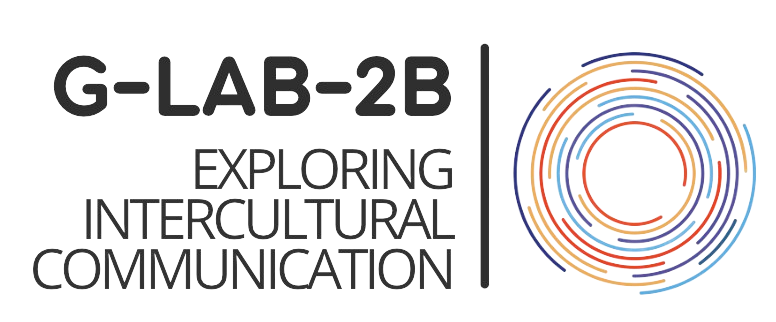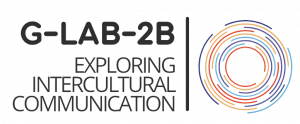From my perspective today there are moments in history that change everything. Times when not only the “stage of life” shifts but the “play” itself is rewritten.
These turning points may seem inevitable in retrospect, but for those who experience them, they mean chaos, loss and painful reorientation. The question before us is not whether we will reach a tipping point ,we already have, but how we will deal with it.
Albert Einstein – “We cannot solve our problems with the same thinking we used when we created them.”
Table of Contents
Modern civilization begins to waver
In the 18th century, it was the Industrial Revolution that transformed agrarian communities into massive urban structures. Steam engines, factories, and mass production not only created new wealth but also class struggles that we still inherit today as part of the legacy of capitalism. We learned to build machines but not to control their power. Is humanity still the architect of its future, or has it become just another cog in the machinery it created?
Today, we stand on the edge of an even deeper transformation. Climate change is no longer that distant “thing” looming on the horizon but it is an omnipresent reality. While we may not always see it in our daily lives, heat waves, floods, and wildfires are already exacting a toll and perhaps the worst is yet to come. Ice is melting, seas are rising and the fragile balance upon which modern civilization was built is beginning to waver. As with all turning points, the question is: will we have the courage to change before catastrophe becomes inevitable?
Gutenberg and the age of information
History books tell us about great revolutions, wars and discoveries, but the real turning points are more subtle. They don’t happen overnight. They seep slowly through the cracks of reality until they can no longer be ignored. So it was with Gutenberg, whose invention of the printing press catapulted us into the information age. What was once seen as a technical innovation became a “tool” of emancipation. Thoughts that previously only inhabited the minds of a few found their way to the masses. Democracy, science and enlightenment: all these fundamental pillars of our society would not have been possible without Gutenberg’s printing press.
But today, in the midst of the digital revolution, we see the dark side of this coin. Information is everywhere, but it is also fragmented, dispersed. The digital world that once promised to be a new Enlightenment is now drowning in an ocean of opinions, facts and fictions. It seems that knowledge is no longer power, but chaos, in which the individual can barely orient himself. What is left when we drown in information but lose the wisdom to understand it? Before the enlightenment people believed and prayed and knew little, but today we know much more but we believe it.
Turning points are not linear
If we look back again; the French Revolution radically changed the political landscape of Europe. Liberty, equality and fraternity: these ideas spread like wildfire and paved the way for democratic movements around the world. But thisprocess was bloody, chaotic and far from over. Like the revolutions of the 18th century, the end of World War II brought a reorganization of the world, the founding of the UN, but also the birth of the cold war and a constant “battle” for power and stability.
However, what we face today could be the biggest turning point of all. The digital revolution and climate change are just the tip of the iceberg. One thing is clear, the 21st century is forcing us to rethink the foundations of our civilization and it is not just a question of technology or economics, it is a question of humanity itself. As with all tipping points, it is about power: who really holds the reins? In the 18th century, it was the industrialists. Today, it could be the tech giants who determine digital and ecological change, because power is immense.
History taught us that turning points are never linear and the period of renaissance and the enlightenment brought enormous progress to humanity, but at a cost. Humanity had left behind the darkness of the Middle Ages, but the road to an enlightened future was neither simple nor easy.
Today, something similar is happening: we are on the threshold of a new era, a turning point that will be characterized by great uncertainties of the future, contradictions of who we are and how we are functioning, and constant violent conflicts.
Transforming our civilization
As we move through the first half of the 21st century, we face a historic question whose answer will define our future: are we capable of transforming our civilization before the planet forces us to do so? As at all turning points, the decision is not only in the hands of the powerful. The changes ahead will profoundly affect our roots: the way we work, live and consume. Nothing will remain the same. Climate change confronts us with a challenge that no single group can handle alone. It is clear that it will require a new social contract with a global consensus that is not based only on technologies or market forces, but definelty on a re-definition of what it means to be human.
Finally, the future is not written in the stars, but in our hands. But those hands are slipping in that specific moment.


